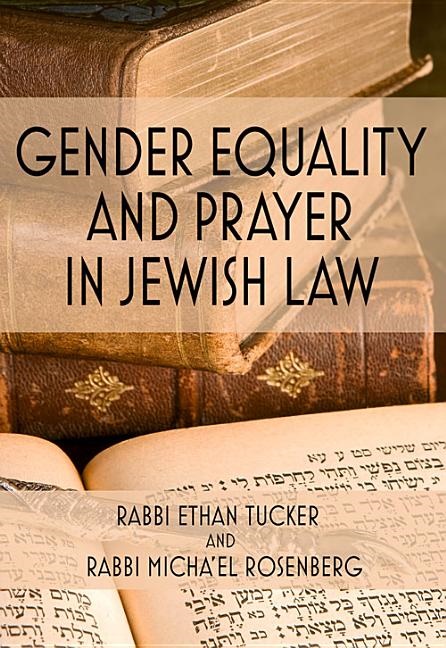As gender equality has spread throughout society, including its religiously observant sectors, traditional communities turn to their guiding sources to re-examine old questions. This book opens the reader’s eyes to the wealth of Jewish legal material surrounding gender and prayer, with a particular focus on who can lead the prayers in a traditional service and who can constitute the communal quorum—or minyan—that they require. With honesty, transparency, and rigor,
Gender Equality and Prayer in Jewish Law is a powerful resource for grappling with these complex questions. The authors not only explore this specific issue in depth, but they also model how we can mine the Jewish legal tradition for its underlying values, enabling its complex sources to serve as effective guides for contemporary communal decision-making.


